EFFORTLESS ACTION
Effortless Action
Wu-wei as Conceptual Metaphor and Spiritual Ideal in Early China
Edward Slingerland


Oxford New York
Auckland Bangkok Buenos Aires Cape Town Chennai
Dar es Salaam Delhi Hong Kong Istanbul Karachi Kolkata
Kuala Lumpur Madrid Melbourne Mexico City Mumbai Nairobi
So Paulo Shanghai Taipei Tokyo Toronto
Copyright 2003 by Oxford University Press, Inc.
Published by Oxford University Press, Inc.
198 Madison Avenue, New York, New York 10016
www.oup.com
Oxford is a registered trademark of Oxford University Press
All rights reserved. No part of this publication may be reproduced,
stored in a retrieval system, or transmitted, in any form or by any means,
electronic, mechanical, photocopying, recording, or otherwise,
without the prior permission of Oxford University Press.
Library of Congress Cataloging-in-Publication Data
Slingerland, Edward G. (Edward Gilman)
Effortless action : Wu-wei as conceptual metaphor and spiritual ideal in early China /
Edward Slingerland.
p. cm.
Includes bibliographical references and index.
ISBN 0-19-531487-5
1. Philosophy, Chineseto 221 B.C. 2. Nothing (Philosophy). I. Title.
B126.S645 2003
18111dc21 2002071518
9 8 7 6 5 4 3 2 1
Printed in the United States of America
on acid-free paper
For
Nana Person,
who taught me how to fish like a Daoist,
and
Pop Person,
who continues to teach me the joys of being a Confucian
Preface
This book attempts to accomplish two primary tasks, one related to subject matter and the other methodological in nature. With regard to subject matter, the goal is to present a systematic account of the role of the personal spiritual ideal of wu-wei or effortless action in Warring States Chinese thought, showing how it serves as a common ideal for both Daoists and Confucians, and also contains within itself a conceptual tension that motivates the development of Warring States thought. Methodologically, this book represents a preliminary attempt to apply the contemporary theory of conceptual metaphor to the study of early Chinese thought. Although this book focuses on Warring States China, both the subject matter and methodology have implications that go beyond the study of early China. The subject of wu-wei, it will be argued, is relevant to anyone interested in later East Asian religious thought or the so-called virtue-ethics tradition in the West, while the technique of conceptual metaphor analysisalong with the principle of embodied realism upon which it is basedprovides an exciting new theoretical framework and methodological tool for the study of comparative thought, and even the humanities in general. Part of the purpose of this work is thus to help introduce scholars in the humanities and social sciences to this methodology, and provide an example of how it may be applied to a particular specialty such as religious thought.
Because of the broader implications of this project, I have attempted to make it accessible to scholars beyond the narrow field of Chinese thought by including background material that sinologists may find unnecessary, but that will hopefully allow scholars from a broad range of humanities disciplines to follow the discussion. I have also attempted to keep to a minimum technical discussions concerning textual issues or debates in my particular subfield, and whenever such material has proved necessary I have tried to relegate it to appendices. Specialists in the field of Chinese thought will find more in-depth discussion of technical matters in the dissertation upon which this book is based (Slingerland 1998). It is never easy to address adequately the interests and needs of a broad academic audience, and I can only hope that I will be able to hold the interest of my intended target audience without completely alienating any particular subgroup.
Wu-wei as spiritual ideal was the subject of my Ph.D. dissertation, which represents approximately half of this current work. I would like to acknowledge again the help of my dissertation committee members Lee Yearley and Carl Bielefeldt, and most of all my committee chair, Philip J. Ivanhoe, who mentored me throughout graduate school and beyond, and without whose painstaking attention and carefully considered comments the dissertation and this book would never have come into being. The methodological approach is entirely new, and my dissertation advisors at Stanford are in no way to be held responsible for any errors introduced or other scholarly crimes committed during the extensive rewrite process. The field of contemporary metaphor theory is quite young, and as a relative neophyte I have been very grateful for the guidance and feedback provided by George Lakoff and Mark Johnson, as well as the other participants in the workshop on metaphor theory and the humanities held at the University of Southern California in October 2000 under the aegis of The Ahmanson Initiative. During the rewrite process I have benefited greatly from the comments and criticisms of Philip J. Ivanhoe, Joel Sahleen, Mark Johnson, and George Lakoff. Most of all, I would like to thank Eric Huttonan academic Bodhisattva, ever generous with his time and energywho heroically agreed to review in detail the entire manuscript, helped me to correct some of the more egregious faults, and did his best to get me to make this work more palatable to philosophers. The fact that he was probably not entirely successful is attributable to my own stubbornness rather than to any lack of effort or sensitivity on his part, and I apologize to him in advance. Thanks are due to Cynthia Read at OUP for her basic faith in this project and the patient extensions granted to me as the rewrite grew in magnitude, to Theo Calderara, and to Bob Milks and his OUP editorial team. Finally, the monumental and brutal task of converting this manuscript into FrameMaker, typesetting it, and inputting copyedits was undertaken by Mary Behshidfriend, FrameMaker Goddess, and general all-around wonderful personwho somehow managed to pull it off with unfailing good cheer and grace. My heartfelt thanks to her, as well as my apologies to Farshid, Aram, Iman, and Rosemary for taking up so much of her time.
Contents
Conventions
Unless otherwise noted, all translations (whether from classical Chinese primary sources or modern Asian and European scholarship) are my own. Textual references for the Analects, Laozi, and Mencius refer to the standard textual divisions as reflected in the following English translations:
Analects.Lau 1979
Laozi: Lau 1963
Mencius: Lau 1970
Ode numbers for Book of Odes references refer to the standard Mao edition as reflected in Karlgren 1950. With regard to the two texts that lack widely accepted textual divisions small enough for convenient referencethe Zhuangzi and Xunzireference is made to the page number in the standard English translation and the standard critical editions of the Chinese text published by Zhonghua Shuju  , formatted as follows:
, formatted as follows:
Zhuangzi: Wxxx/Gxxx, where (W) refers to the page number in Watson 1968, and (G) refers to the page number in Guo Qingfan 1961; and


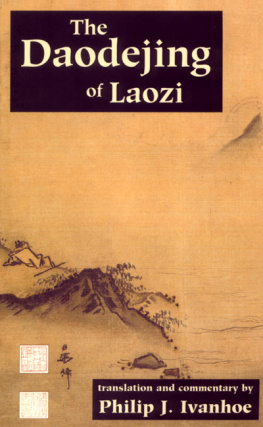
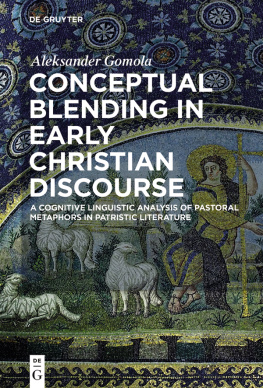

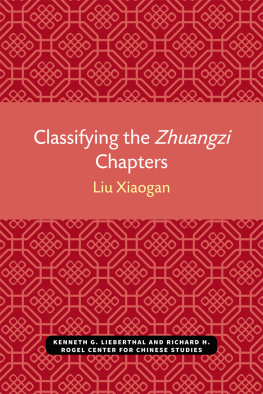
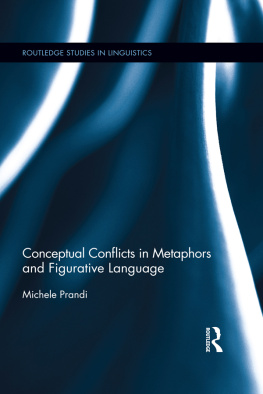
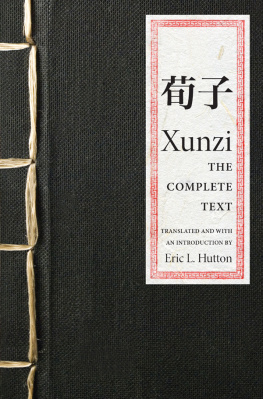
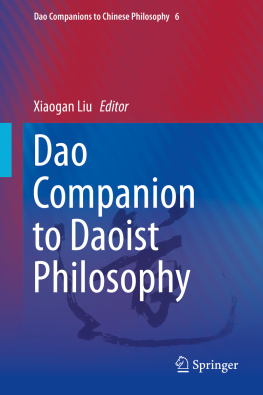
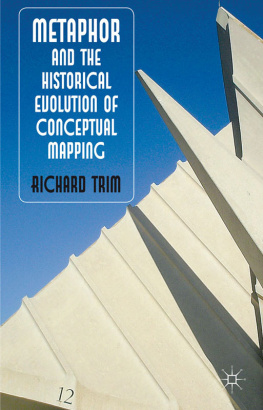


 , formatted as follows:
, formatted as follows: